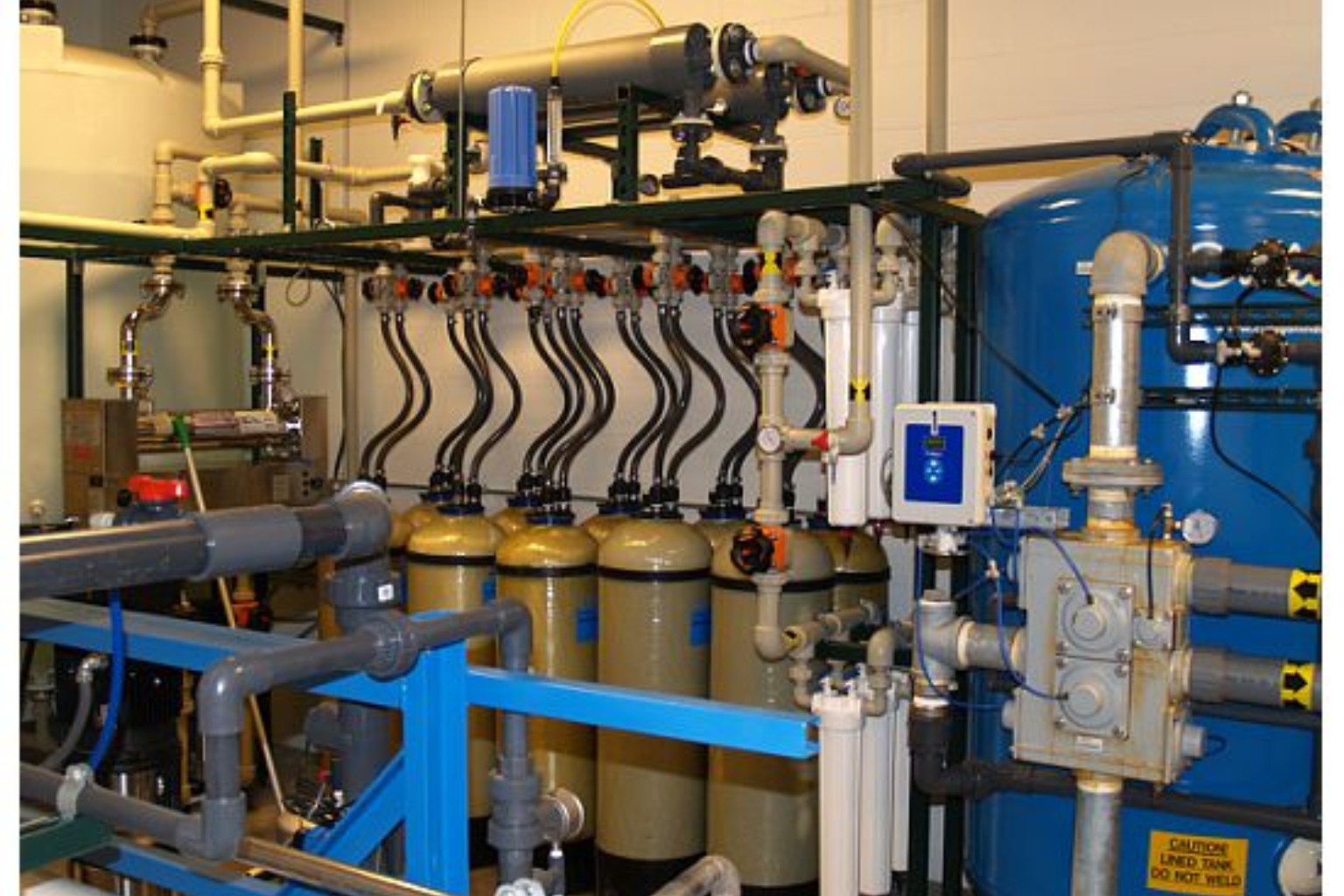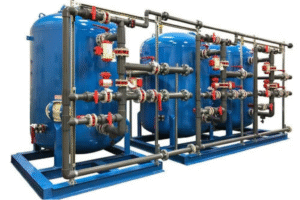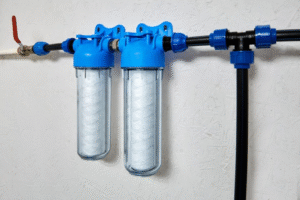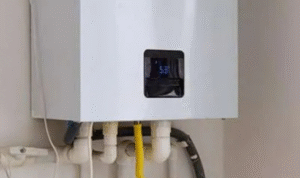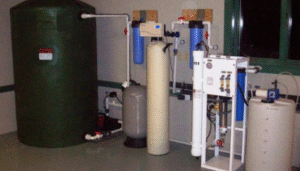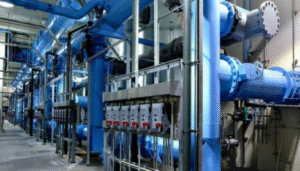If you’ve ever taken a sip of water straight from a tap in an office or walked through a factory where water keeps the machines humming, you might not think twice about what’s actually in that water. But for businesses—whether it’s a coffee roaster perfecting its brew, a laboratory testing sensitive materials, or a manufacturer running delicate machinery—the purity of water isn’t a small detail. It’s a make-or-break factor. That’s where water deionization quietly steps in, doing the heavy lifting to keep operations running smoothly.
Now, I know, the term “deionization” sounds like something pulled out of a chemistry textbook, and in a way, it is. But in practice, it’s simply the process of stripping water down to its purest form—removing the dissolved salts and minerals that, if left unchecked, can gum up equipment, spoil results, or even shorten the life of critical systems.
Why Businesses Rely on Deionized Water
For many businesses, “good enough” water just won’t cut it. Imagine a lab technician needing precise measurements for an experiment. Even the tiniest amount of dissolved minerals can skew the outcome. Or picture a medical equipment sterilization system—if the water isn’t pure enough, you’re risking contamination. Then there are industries like electronics, where even a speck of residue from hard water could interfere with production.
This is why commercial water deionization services exist. They take the guesswork out of purity and ensure that companies large and small get the consistent, high-quality water their operations demand. It’s not about over-engineering something as simple as water—it’s about ensuring reliability, compliance, and efficiency where it counts the most.
The Often-Overlooked Maintenance Side
Getting deionized water isn’t just about installing some system and walking away. Like anything else—whether it’s the car you drive or the HVAC system in your office—these systems need care to keep delivering at their best. Resin beds eventually exhaust, filters clog, and performance can dip without anyone noticing at first.
This is where industrial water softening and deionization maintenance becomes critical. It’s not the flashy side of water treatment, but it’s the backbone of keeping equipment safe and operations uninterrupted. Regular maintenance checks ensure the system is regenerating as it should, that the resin exchange units aren’t running past capacity, and that the final product—the water itself—still meets the standards set for the business. Without that diligence, the whole purpose of deionization gets compromised.
A Local Example: Kingston, WA
Let’s zoom into a place like Kingston, WA, a community that blends maritime heritage with modern industries. While it might not be the first place you’d expect to find advanced water treatment needs, the reality is different. Between local businesses, healthcare facilities, and even food-related services, there’s a consistent demand for pure water.
That’s why commercial water deionization Kingston WA providers have carved out an important niche. They bridge the gap between global-level technology and the very real, very local needs of businesses trying to serve their communities. From keeping breweries’ water profiles balanced to supporting dental practices with high-purity rinsing systems, local deionization services quietly sustain the lifeblood of businesses in the area.
The Business Case for Investing in Deionization
Let’s be honest—water treatment can feel like one of those invisible costs. It doesn’t bring in new customers directly. It’s not as exciting as launching a new product or updating a storefront. Yet, when you look closer, the ROI is undeniable.
- Equipment Longevity: Deionized water reduces scaling and corrosion, which means machines last longer and break down less often.
- Quality Assurance: For industries where precision matters—labs, pharmaceuticals, electronics—pure water safeguards product integrity.
- Efficiency: Soft, deionized water often means lower energy consumption since heating elements and pipelines aren’t battling mineral buildup.
- Compliance: In regulated industries, water purity isn’t optional. Meeting standards is non-negotiable, and deionization systems provide peace of mind.
When framed this way, the cost of water treatment is less of an expense and more of a safeguard for the entire business operation.
How to Know if It’s Time for an Upgrade
Sometimes businesses stick with outdated water systems because they “still work.” But there are subtle signs that it might be time for an upgrade or at least a checkup. If you notice inconsistent water quality, scaling on equipment, higher utility bills, or more frequent downtime, chances are the water system isn’t keeping up anymore.
It doesn’t always mean starting from scratch—sometimes it’s as simple as refreshing the resins, adding a polishing filter, or fine-tuning the maintenance schedule. In other cases, a complete system replacement might be the smarter long-term move. The key is staying proactive rather than waiting for a costly breakdown to force your hand.
Closing Thoughts
Water is deceptively simple. We turn a tap, and there it is. But for businesses and industries, it’s not about convenience—it’s about precision, protection, and performance. Deionization may not make headlines, but it makes sure products meet standards, machines last longer, and businesses stay competitive.
Whether you’re running a small local operation in Kingston or overseeing a large industrial facility, investing in deionization isn’t just about clean water—it’s about clean outcomes. And in today’s world, where every detail matters, that’s an investment worth making.
